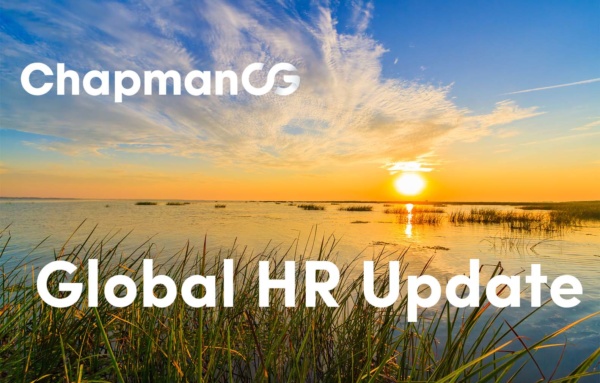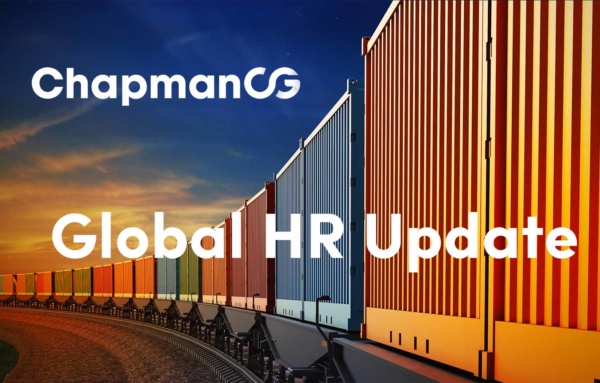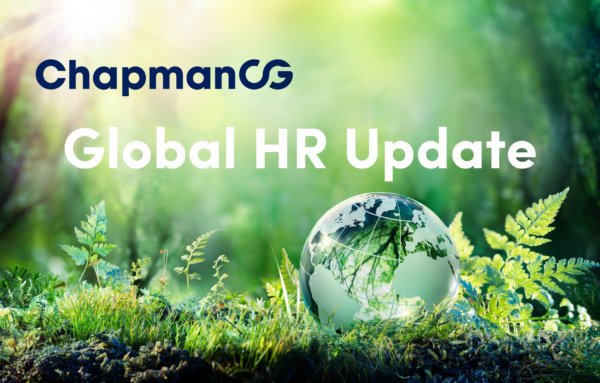15 of Italy’s top Global HR Leaders met at Campari, in the outskirts of Milan, on 1 April as part of The Chapman Consulting Group’s Spring 2014 Global HR Networking Series. Leaders from the likes of Borg Warner, Campari, GE, Novartis, Tenaris, and Zegna were joined by Tim Rayner, Kirsty Jucker and Matthew Chapman from ChapmanCG.
After an hour of networking and food on Campari’s rooftop terrace, Giorgio Pivetta, Global Head of HR for Campari, welcomed participants. Pivetta then delivered a presentation on the Campari organisation, which started in 1860 and now employs more than 4,000 employees across the globe.
Leading into the overarching topic of the day, Pivetta focused on the company’s approach to managing HR analytics, and specifically Campari’s development of a worldwide talent management process in 2011. As part of this exercise, Pivetta noted that it became critical to ensure the capture of accurate data. He added that in recent years, the challenge around data management had become significant, due to Campari’s growth: “Whilst many of our business leaders are entrepreneurial, they now require the type of data that extremely sophisticated multinational organisations have, because of the size and complexity of the markets in which we now operate.”
Much discussion ensued amongst the group, comparing and contrasting approaches to data management for companies represented within the room. The following five top tips emerged from the discussion:
- Get the basics right from the start. Julio Gonzalez, Regional Director of HR for APAC, with Tenaris advised the group, “At the start, define the ‘minimum requirement’ so you have relevant information which will facilitate integration, along with useful data. Focus on what is vital for the organisation and start from there.”
- Developing a centralised approach to data management is essential. According to one Director of Corporate Systems and IT Planning, with a luxury fashion house, there was initially a bit of resistance to this approach, but now the resulting insights have been welcomed, and the value add to the business has been exponential.
- Don’t expect the business to perceive immediate results from smarter data management — it’s a process. According to Anouk Terlouw, former Global HRBP with UniCredit, “The payoff of using ‘big data’ should be perfectly clear across the business to make it work. It’s what you do with it that really matters – we need to convert big data into big results, which is a change management process in itself.”
- Be open minded about hiring expert talent outside of HR to manage the data. Alba Tais Pereira de Siqueira, formerly an HR Director with Johnson & Johnson, spoke of her success in a previous company, working with a physics engineer to do data analysis. “With this person’s highly analytical mind-set, we were able to gain amazing insights from the HR data.”
- Garbage in = garbage out. Tim Rayner from ChapmanCG discussed the fact that more companies are taking care with their HR information systems, to ensure that data is being collected and entered correctly. “Improper control measures can easily result in the collection of inaccurate data, and this can quickly erode its potential power.”
Many thanks go to Campari for hosting the event, and we look forward to our next Italian based HR Leader Series, which will convene in Autumn 2014. Look out for details of this event in July.
 Andrea Merrigan
Andrea Merrigan Orelia Chan
Orelia Chan Stanislav Medvedev
Stanislav Medvedev Fleur Daniell
Fleur Daniell Finian Toh
Finian Toh Tim Rayner
Tim Rayner Nicola Hasling
Nicola Hasling Stefanie Cross-Wilson
Stefanie Cross-Wilson


